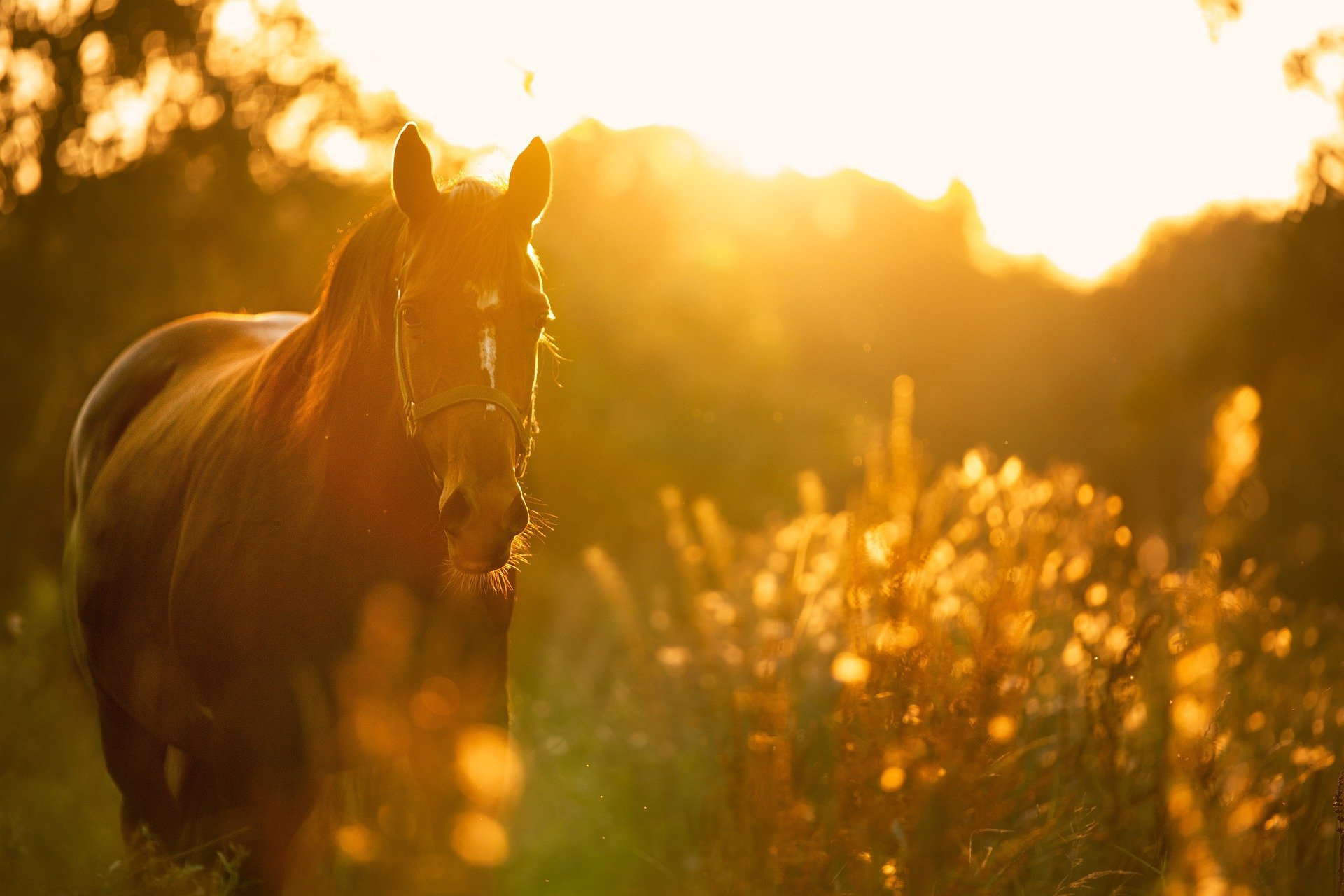Life lessons from a Chinese farmer
by Justin Standfield
There’s a Chinese proverb that goes something like this…
A farmer and his son had a beloved stallion who helped the family earn a living. One day, the horse ran away and their neighbours exclaimed “Your horse ran away, what terrible luck!”. The farmer replied “Maybe so, maybe not. We’ll see.”
A few days later the horse returned home, leading a few wild mares back to the farm as well. The neighbours shouted out “Your horse has returned and brought several horses home with him. What great luck!” and the farmer replied “Maybe so, maybe not. We’ll see.”
Later that week, the farmer’s son was trying to break one of the mares and she threw him to the ground, breaking his leg. The villagers cried “Your son broke his leg, what terrible luck!”. The farmer replied “Maybe so, maybe not. We’ll see.”
A few weeks later, soldiers from the national army marched through town, recruiting all the able-bodied young men for the army. The farmer’s son wasn’t conscripted, because he was still recovering from his injury. His neighbours shouted “Your boy is spared, what tremendous luck!”, to which the farmer replied “Maybe so, maybe not. We’ll see.”
The moral of this story is that very few events can truly be judged as good or bad, lucky or unlucky, fortunate or unfortunate at the time that they occur – in many cases only time will tell the whole story. All too often (like the farmer’s neighbours) we’re tempted to throw a lot of energy into things that look fantastic on the surface but that may not pay off in the end; equally we can be drawn into venting our spleens and passing judgement on a minor annoyance or temporary dissatisfaction as if it was the end of the world.
There's a link with mindfulness that emerges from this proverb. People who practise mindfulness remain curious about their experiences by noticing how they feel emotionally and observing what kind of thoughts are going through their head. Moment by moment, they are able to notice how their body actually feels. Practising curiosity can help all of us avoid the ‘automatic pilot’ habit of judging experiences as either good or bad. Curiosity also enables us to approach uncertainty in our everyday life with a positive attitude; as one of the underpinning 'attitudes' of mindfulness, we discuss curiosity on the training courses and 1:1 sessions we offer.
To be fair, some people might conclude that living life in moderation like this, keeping as even a temperament as possible and taking all things in our stride (regardless of whether they originally appear to be positive or negative) smacks a little bit too much of staying in comfort zone or, worse, becoming a passive victim to the circumstances that life puts our way. It’s true – we could choose to view the farmer in the story as naive or overly-cautious. However, what I think is vital to this proverb is that he didn’t let the things he couldn’t control affect the things that he could control. For example, he probably searched for the lost horse, he opened his stable to the new ones, he undoubtedly cared for his injured son and all the while he had a farm to run! Rather than rushing into extremes of reaction about the things he couldn’t change, he carried on with the things he could do something about.
Combining this insight with mindfulness means that rather than always having to pass judgement on things and declare them as good or bad, I think we can shift some of our fixed habits of thinking and seeing the world, which can be incredibly empowering.
